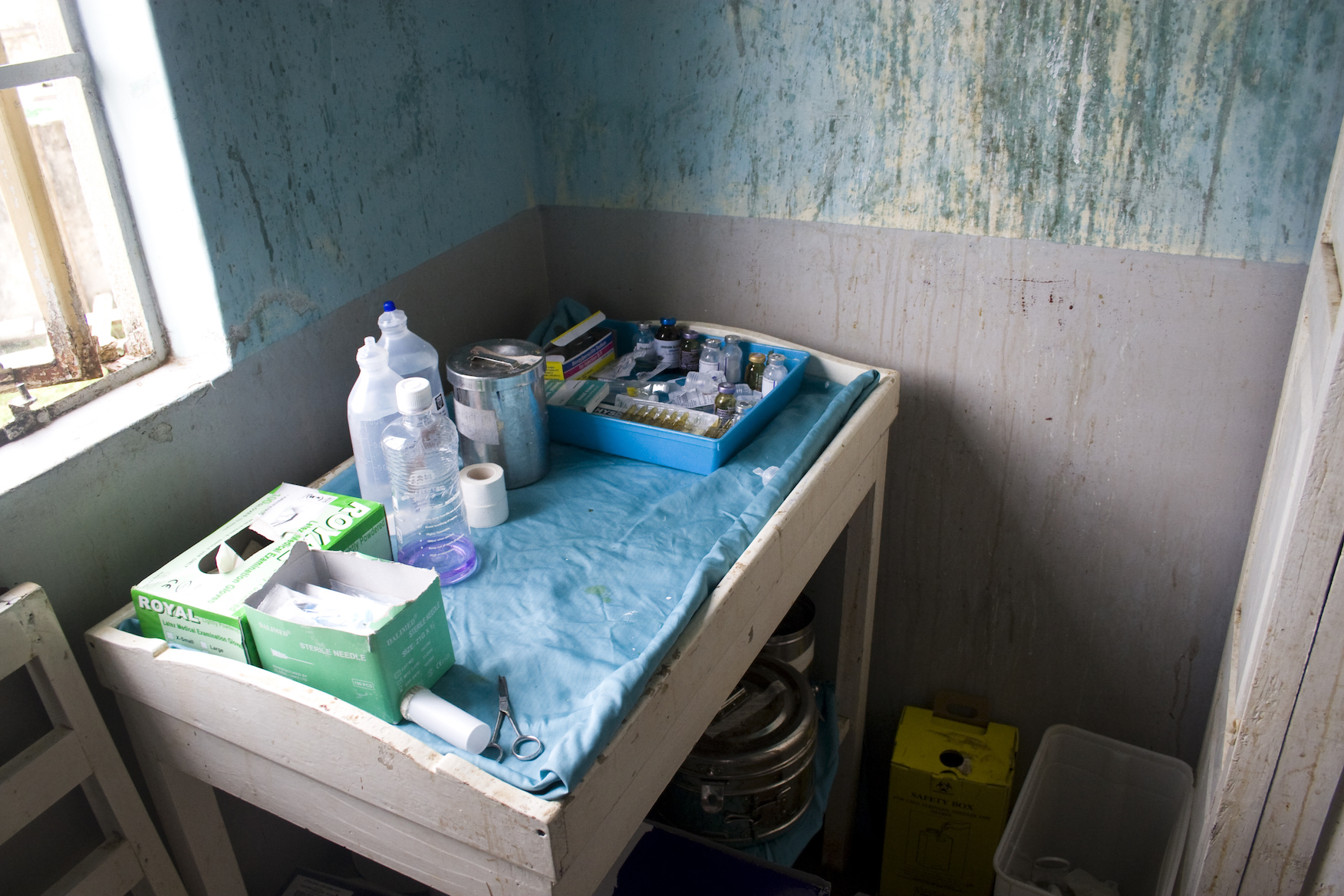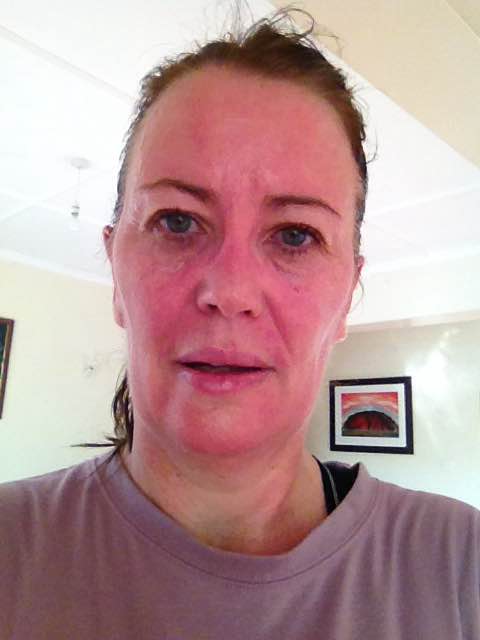As pretty much the entire universe knows, our youngest daughter gave birth to the most perfect baby girl on Wednesday. But it hasn’t been without its dramas.
Hannah has had gestational diabetes throughout her pregnancy. That means she has had to cut out sugar, reduce her carbs and test her insulin levels 5 times a day. There’s extra scans and monitoring baby growth closer.
Baby had been super active in the womb and it was all looking good that the doctors had decided to let Hannah go right up to the 40 week mark, where originally they were going to induce her at 38 weeks.
And then baby stopped moving.
This was one of those events that stops your heartbeat. I suggested to Hannah to call the midwife whose care she was under, who said we should immediately go to the hospital. Luke (Hannah’s husband) drove pretty determinedly but there was this heavy silence in the car. No waiting, they saw us straight away. The relief experienced when we heard the heartbeat was huge. They decided to keep her in anyway.
Although baby’s heartbeat was good, the doctors had decided to induce baby on the Tuesday night. Not sure why they chose nighttime as the morning seemed a much better idea to me.

I was really impressed with the staff, the quality of care but mostly the concern for baby and mother. The resources and technology are amazing, way better than when I had my kids 25 years ago.
Of course, it all got me thinking about the huge gap between what is available here and that in developing countries. I’ve friends in Kenya who have had babies and it’s a whole different world there.
- The God Factor
I call it this, because there tends to be a thinking in East Africa from people in certain positions – medical staff, police, teachers – which says ‘Don’t you know who I am, I must be obeyed without questions at all times’.
Kenya: You would never dare question what the doctor says and you simply don’t ask.
NZ: They give you informed options and don’t flinch if you question them ‘why’ or ‘could we try this’.

- The Price
Kenya: While there is a policy of free maternity care, practically it’s not so. You need to pay for services like scans. I’ve close friends who didn’t have the $30 for a scan and had a breach baby who died 20 minutes after birth because of complications. The emergency cesarean section would’ve saved his life but that was around $800. They only earn $200 a month. You need to take everything in with you to hospital.
NZ: Every single thing is free. Food, personal bathrooms, sanitary products, scans, hospital stay, sheets, pillows and even free wifi.

We met a young 18 year old who had been raped and become pregnant. We arrived on the day she gave birth to her son. She was not allowed to leave hospital because her family did not have the funds for payment. Every day she stayed the debt was accruing. No doubt the family had to borrow money to get the girl home.
- Rooms
Kenya: Don’t be surprised if you are sharing a room with 8 other women. Imagine a metre between your bed and the next. Babies are often kept in a nursery, except for feeding.
NZ: While there’s the odd room that will have 4 beds in it, most are single or doubles. Baby is in your sight at all times, in a plastic bassinet beside you.

- The Birth
Kenya: I’ve yet to meet a Kenyan man who has been in the birthing room. It’s just not done any other way. In rural areas it’s older women who assist.
NZ: At the hospital our daughter went to, you could have as many support people as possible. In the birthing unit you could have two.
Nairobi has a few really good hospitals, so if you can afford to go to them you do. One is notorious for bad after birth care, but people go there because it’s free.
Our close friends whose baby died not long after a breach birth were forced to go to one such hospital. She should’ve had a c-section but the staff said to her that the lines to the theatre were long and ‘she carried small so she should deliver okay’. Of course, as in Kenyan culture, the dad went home (by public transport) but was called back because something was wrong. When he got there he was told his son had died. He never got to hold him because there was ‘confusion’ to the whereabouts of his sons’ body. He was told it was in the morgue, went there and they said to him he was on the ward. Went to the ward and was told he was in the morgue. What the attendants really wanted was bribe money. A terrible experience to an unnecessary tragedy.
Of course, if you have money, nothing is a worry. I’ve friends who’ve been in birthing centres in Nairobi and loved it. I’ve also known people who travel for half an hour on a motorbike to a rural clinic to give birth, all by themselves.
I applaud the work of Kenya’s First Lady – Mrs. Margaret Kenyatta in creating Beyond Zero which aims to improve maternal health. She is using her position to bring about awareness and change in a much needed area.
Me, one of my goals to is ensure that remote medical clinics have access to water, latrines and hand washing facilities. It’s high on our 3 year goal.

Every life is precious no matter where they are born. For me, I’m getting to enjoy my short time with Isabella Rose and find inspiration every time I look at her to help other children across East Africa have a great start in life.




 We were heading to the US in December on a speaking tour so Pete suggested that I invest the most money I’ve spent and get my hair professionally done. I went into the salon in Nairobi that specialises in foreigners hair, which is totally different from Kenyans. I told the lady that I wanted it to be highlighted as I was growing it out. I walked out exactly the same, and cried. Thankfully the owner organised for it to get redone and I absolutely loved it.
We were heading to the US in December on a speaking tour so Pete suggested that I invest the most money I’ve spent and get my hair professionally done. I went into the salon in Nairobi that specialises in foreigners hair, which is totally different from Kenyans. I told the lady that I wanted it to be highlighted as I was growing it out. I walked out exactly the same, and cried. Thankfully the owner organised for it to get redone and I absolutely loved it.

































